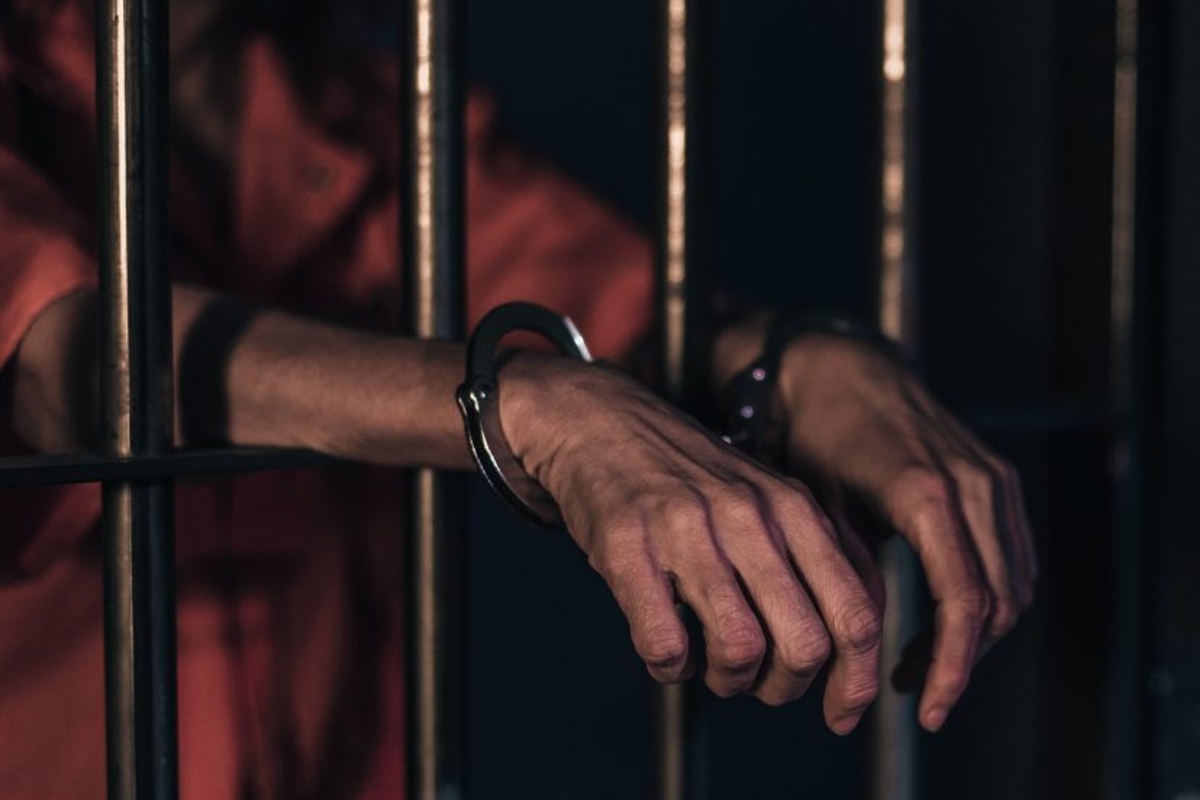
Human rights group “not surprised” at NSW’s refusal to allow UN torture investigators into prisons

Image: Human rights groups and the Australian Human Rights Commission have criticised NSW's refusal to allow UN OPCAT investigators into prisons. Photo: negativespace.co
By ERIN MODARO
NSW has refused United Nations officials entry to a state detention centre, in a move that has been condemned by human rights and justice organisations.
Prisoners’ rights activist Brett Collins from human rights group Justice Action says that he is “not surprised” by the state government’s decision to block access to its prisons.
“We were really concerned about… and not surprised about, the behaviour of the New South Wales Government” Collins said.
The UN officials visit is part of an investigation by the United Nations Subcommittee on the Prevention of Torture (SPT). Australia is bound to comply with SPT visits after former prime minister Malcolm Turnbull ratified an UN protocol designed to prevent torture in prisons and state detention facilities in 2017.
The Optional Protocol to the Convention Against Torture, or OPCAT, allows for UN officers to investigate prisons, or other state controlled institutions such as mental health facilities and detention centres. OPCAT is specifically designed to prevent torture in state detention through working with government to adopt prevention measures, and have transparency within justice systems.
NSW has so far been the only state in Australia to refuse to co-operate with the SPT, with NSW Premier Dominic Perrottet backing the decision.
Justice Action says OPCAT represents “opportunity for positive change”
Justice Action has been involved in OPCAT’s adoption in Australia since 2009, when they represented imprisoned Australians at a Human Rights Commission Seminar. Collins said that the human rights group has been working towards making sure investigations by the SPT are benefitting people from the ‘bottom-up’, and ensuring that detained Australians are able to work directly with officers.
Collins said that “the only way” that conditions in prisons and detention centres are going to improve is through “continual monitoring from the bottom”.
In a submission to the OPCAT this year, Justice Action outlined four key areas of concern in Australian prisons. The submission reported that actions breaching human rights standards outlined in the treaty are currently happening across Australia, but are particularly common in NSW.
Solitary confinement, forced medicating and strip searching were all behaviours reported by Justice Action to occur within NSW’s justice system.
“New South Wales has been the only jurisdiction that has refused access to the inspectors” Collins said.
“If NSW has nothing to hide, why wouldn’t it open up its prisons, and allow the international inspectors to see what’s happening?”
The Greens have also condemned the state government’s secrecy about the conditions of it’s prisons.
Greens MP Jenny Leong said that “United Nations inspectors have been granted access to prisons in every other jurisdiction in Australia, as well as Burkina Faso, Turkey, Mexico, Sri Lanka and across the European Union”.
“Given the failures of the NSW Government to implement the full recommendations from the Royal Commission into Aboriginal Deaths in Custody and track record of mistreating people in prison, it is deeply disturbing they think they are above the scrutiny of the UN torture watchdog” Leong said.
NSW falls behind other states in compliance to OPCAT
A report released by the Australian Human Rights Commission in October, named Roadmap to OPCAT Compliance, highlighted what the HRC has called a “sluggish” approach towards Australia’s adoption of the treaty.
The report also noted that NSW has fallen behind other states in passing OPCAT legislation. The compliance map highlights NSW in red, having passed no legislation at all.










